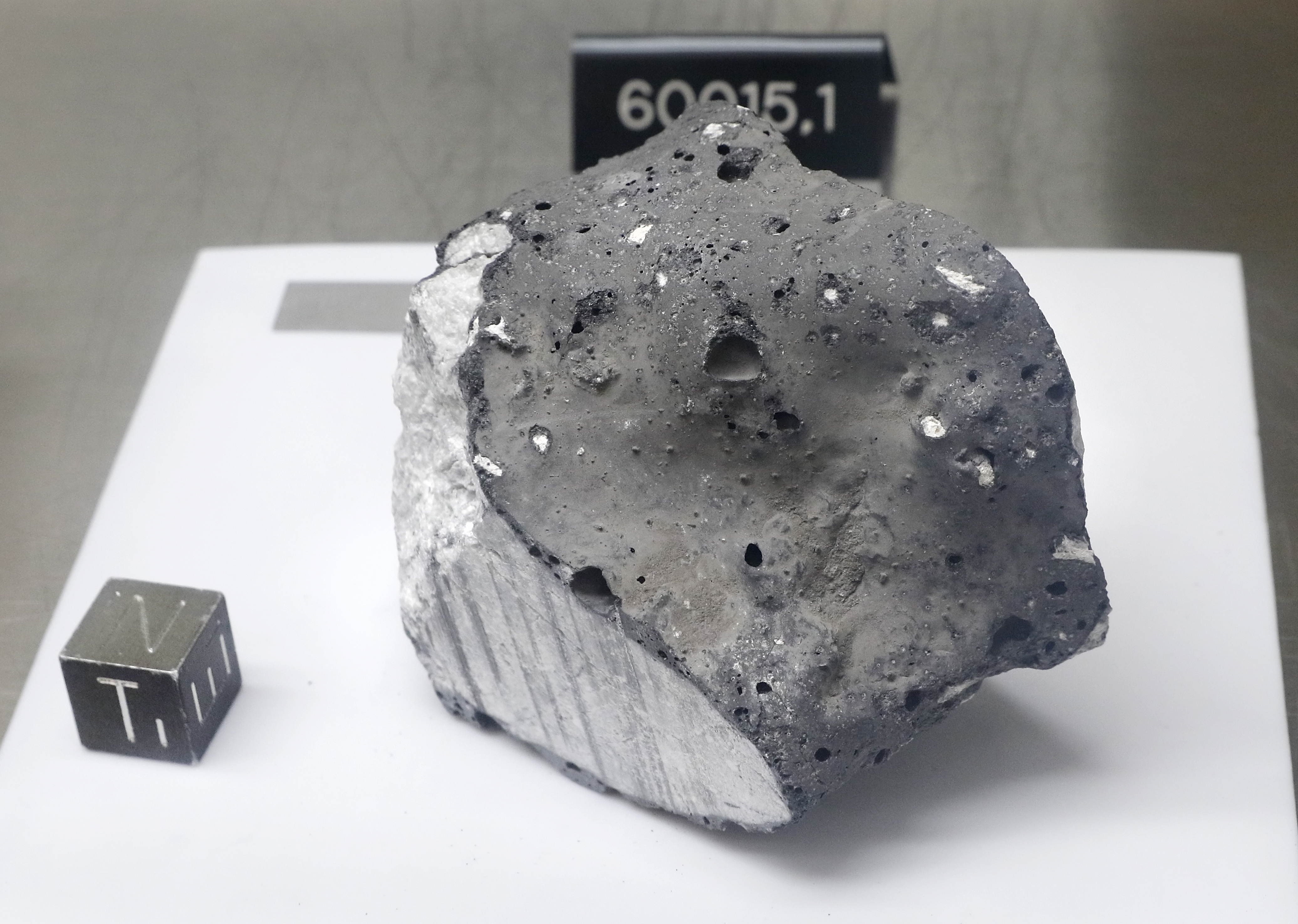NASA opens vault of 50-year-old moon rocks

A free daily email with the biggest news stories of the day – and the best features from TheWeek.com
You are now subscribed
Your newsletter sign-up was successful
When Neil Armstrong and Buzz Aldrin took humankind's first steps on the moon, they weren't just taking a stroll. They also collected 48 samples of lunar rocks, bringing them back home so that scientists could examine them ... eventually.
Now, 50 years after the first men walked on the moon, scientists are finally getting their hands on the original samples collected on Apollo missions from 1969 to 1972. The lunar samples have been kept in a locked vault at the Johnson Space Center in Houston, Fox News reports, waiting for the wonders that 21st-century scientific technology will be able to learn from them.
That was a pretty wise move on the part of NASA officials back in the 70s, said Ryan Zeigler, a sample curator for NASA's Apollo missions. "We can do more with a milligram than we could do with a gram back then," so we can still conserve most of the sample material gathered decades ago. The samples being sent out now range from the weight of a paper clip to so small "you can barely measure it," Zeigler said.
The Week
Escape your echo chamber. Get the facts behind the news, plus analysis from multiple perspectives.

Sign up for The Week's Free Newsletters
From our morning news briefing to a weekly Good News Newsletter, get the best of The Week delivered directly to your inbox.
From our morning news briefing to a weekly Good News Newsletter, get the best of The Week delivered directly to your inbox.
In total, 842 pounds worth of lunar samples were collected on the Apollo missions, collected by 12 astronauts — the only 12 people who have ever walked on the moon. But NASA's new plan will soon expand that number: By 2024, it aims to send more people to the moon's surface.
Until that happens, these moon rocks are the most tangible link we have with our closest satellite. And now, "a new generation of scientists will help advance our understanding of our lunar neighbor and prepare for the next era of exploration of the moon and beyond," said Thomas Zurbuchen, an administrator at NASA's Science Mission Directorate.
Read more at Fox News.
A free daily email with the biggest news stories of the day – and the best features from TheWeek.com
Shivani is the editorial assistant at TheWeek.com and has previously written for StreetEasy and Mic.com. A graduate of the physics and journalism departments at NYU, Shivani currently lives in Brooklyn and spends free time cooking, watching TV, and taking too many selfies.